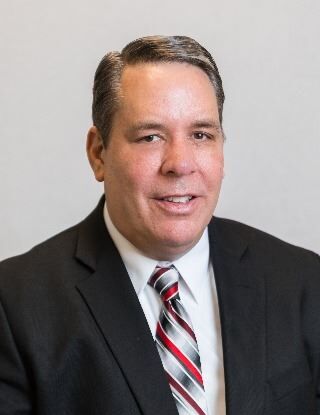Timothy Meals runs unopposed for Story County attorney

Timothy Meals is running for Story County attorney unopposed.
October 3, 2020
Democrat Timothy Meals will run for reelection as Story County attorney.
Meals was appointed as county attorney by the Board of Supervisors in February 2020.
He applied for the vacant position when the former County Attorney Jessica Reynolds resigned.
Meals served as the first assistant attorney to Reynolds from 2018 until her resignation.
Although he did not specify his party affiliation when he was appointed for the position, he will run as a Democrat in the election.
Meals took an unusual career path, working blue collar jobs until he decided to become a lawyer in his 30s.
He graduated high school in 1979 and began working at the former Bourns factory in Ames, which closed in 1990.
At the age of 31, he began taking classes at Des Moines Area Community College with the goal of becoming an attorney.
He received a degree in sociology from Iowa State before graduating from Drake Law School at the age of 38.
In 2000, he began working in the Story County attorney’s office. He became the lead criminal prosecutor in 2017 and was made the first assistant attorney to Reynolds in 2018, who he replaced as the county attorney.
Since his appointment in February, Meals has worked to productively transition his office to a virtual setting due to the pandemic. His priority has been to keep his 25 employees safe while continuing their work.
“The criminal justice system still has to work despite the pandemic,” he said.
In his term as county attorney, Meals hopes to continue the work of his predecessor by providing a “fair and equitable process” for individuals in the criminal justice system.
“The goal of our office is to ensure public safety and I want to further that goal,” Meals said.
One of the ways Meals hopes to achieve this goal is through a diversion program that aims to help individuals with substance abuse or mental health issues.
The program, which is called Alternatives, strives to reduce crime and divert at-risk individuals from incarceration.
“The idea is to provide them with substance abuse treatment and case management support so that we can keep them from coming into contact with the justice system,” Meals said.
His office received a $500,000 federal grant to implement the program.
For Meals, the most rewarding part of his position is being able to help victims who are seeking justice.
“When you’re able to bring some resolution to their case… that’s one of the biggest satisfactions,” he said.
















